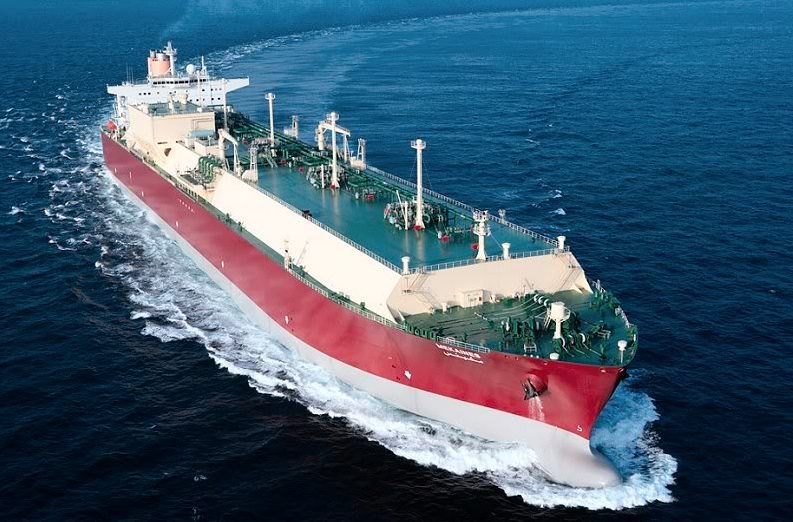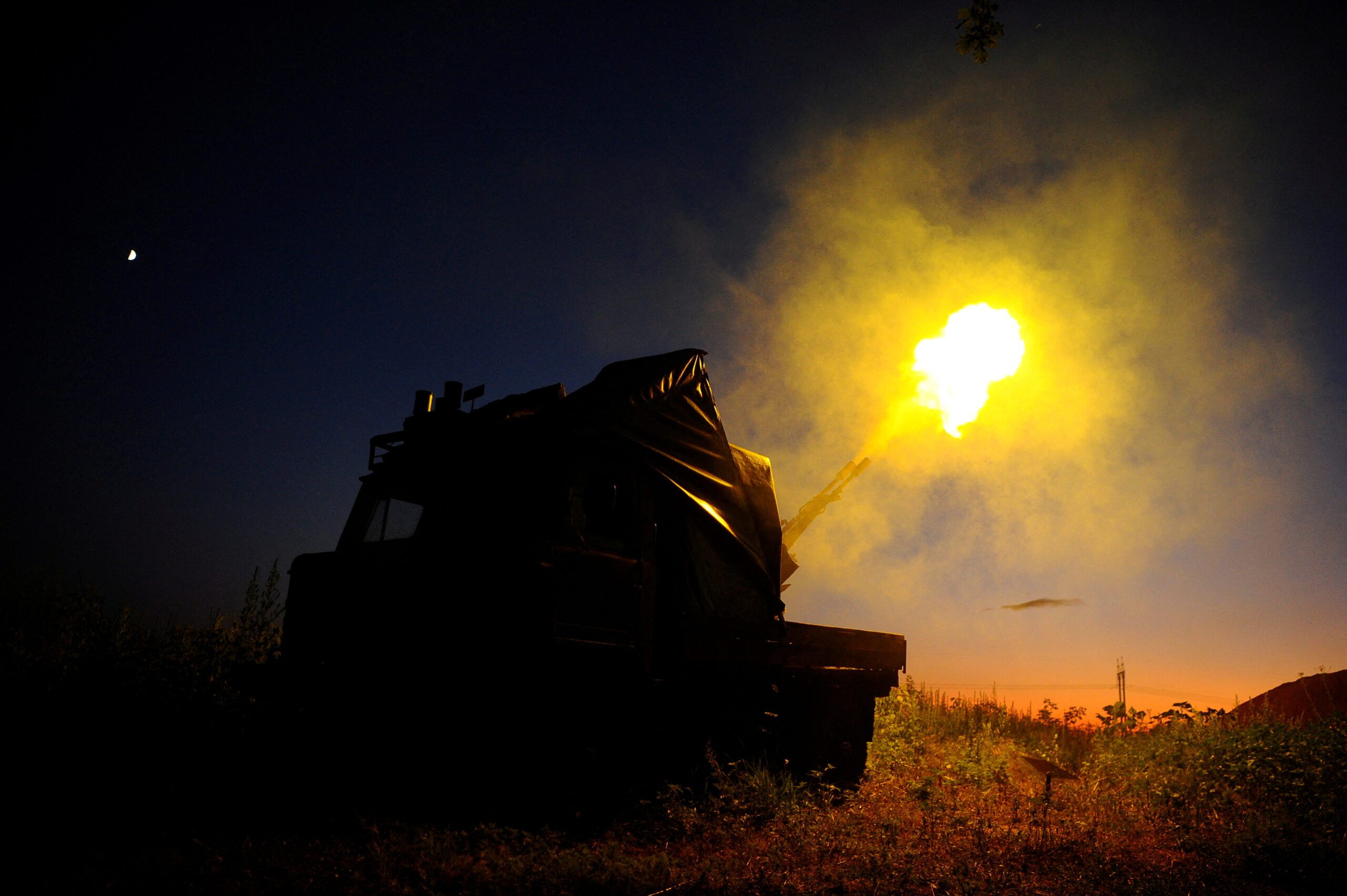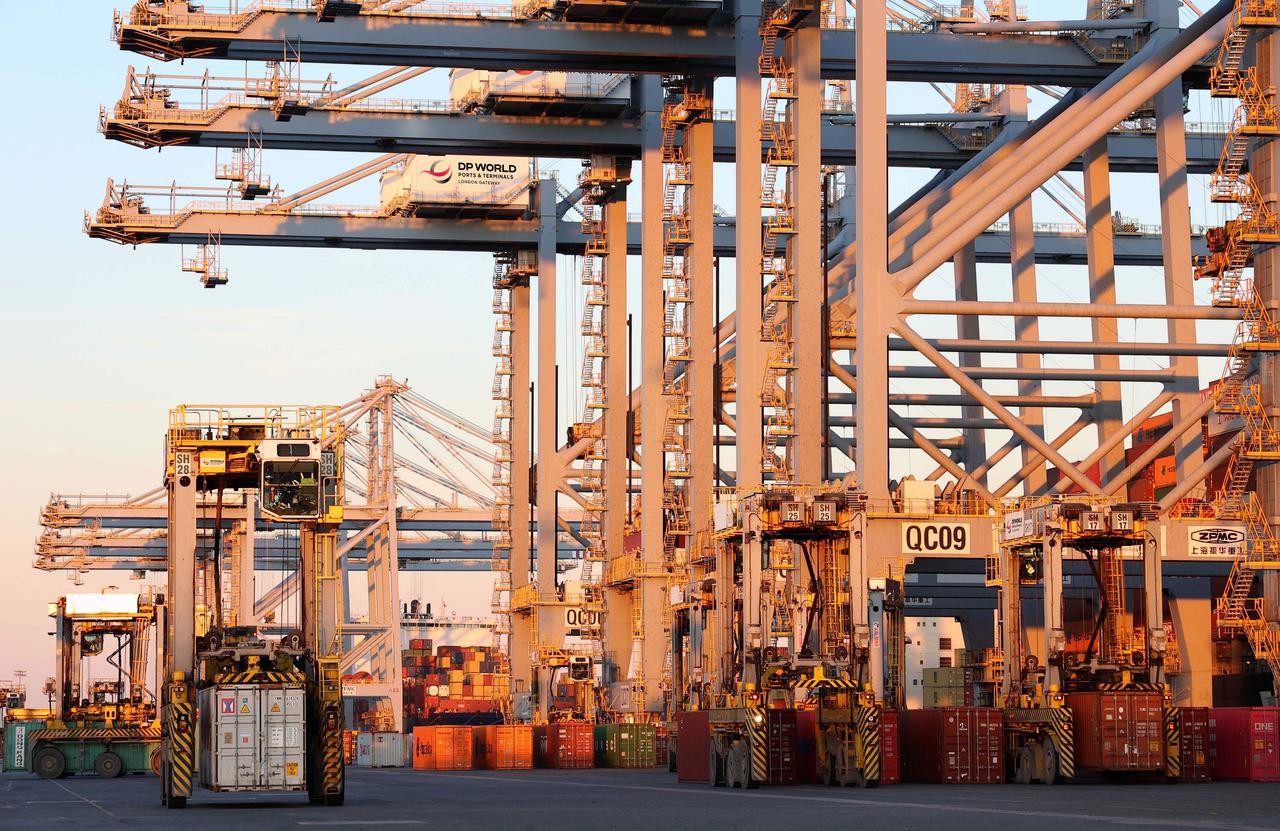Mekaines, a Q-Max LNG carrier with 266k cbm of LNG cargo capacity, arrived in the UK on 24 March to unload its cargo. Image: QatarGas
 By Henning Gloystein
By Henning Gloystein
LONDON, March 28 (Reuters) – Britain is currently paying some of the world’s highest wholesale gas prices, rivalling those in energy-hungry Asia and reflecting annual winter spikes for which government and industry offer no short-term fix.
The Department of Energy and Climate Change has been quick to point out the market is operating as normal, which is good news for those selling gas, but cold comfort for wholesale buyers who on March 22 faced prices up 50 percent from a day earlier.
“The UK gas market is functioning well and our gas needs are continuing to be met,” was DECC’s reply.
Yet spot prices are more than 70 percent higher than normal, at around $15.66 per million British thermal units (mmBtu) versus a long-term average of around $9 at the National Balancing Point gas hub.
That means Britain is paying almost as much as Japan pays for imports of liquefied natural gas (LNG) to power its highly industrialised economy.
It also underscores the competitive disadvantage faced by British firms as North American spot gas prices, helped by plentiful shale gas, now trade at a mere $4 per mmBtu.
British spot prices are close to the usually higher oil-linked long-term deals which continental buyers have with Russia’s Gazprom.
PERMANENTLY TEMPORARY?
Britain is suffering winter price spikes while Asia’s sustained high prices reflect the demand from their growing economies and Japan’s need to offset nuclear output halted since 2011’s Fukushima disaster.
Yet Britain’s “temporary” spikes have now happened for two winters in a row and are worse than those on the continent where more gas storage and access to Russian imports have helped.
March gas prices have swung between 69 and 150 pence per therm versus a range of 55 to 62 a year earlier.
Whenever continental prices rise close to 100 pence per therm, or around 40 euros per megawatt hour, “people just turn away from the spot market and ask for more Russian supplies, so gas prices there are essentially capped,” one gas trader said.
DECC boss Ed Davey said on Tuesday the government would caution energy companies on boosting energy bills, although his department acknowledged signs point to an 18 percent rise for households by 2020.
“We will make it clear to energy suppliers that this is just a cold, temporary snap and is no excuse for putting up energy bills,” Davey said.
The high gas prices come as the government negotiates a guaranteed minimum price for power generated by two new nuclear reactors which France’s EDF aims to build in Britain.
Buoyed by higher gas prices, power prices this month have traded between 45 and 81 pounds per megawatt hour versus 43-48 pounds last March.
“The UK gas market has yet again been exposed to its deep-rooted supply problem,” Bank of America Merrill Lynch analysts said in a research note.
“Heavy stock draws have left the UK gas market stretched, (and) the UK is becoming ever more reliant on LNG flows but global supplies remain tight and imports are scarce.”
That tightness is due to Asia’s hefty LNG demand as well as Britain’s limited gas storage capacity, which is a fraction of that found in France, Germany or the United States.
Its gas storage reserves are 90 percent empty and levels are still falling, data shows.
The International Energy Agency (IEA) has warned since 2010 that Britain’s combination of falling domestic production and limited storage could be stretched at times of peak demand.
British utility Centrica operates Rough, the country’s largest gas storage site, and told Reuters Television on Wednesday it was willing to build more if the government helped.
“We as a company are making proposals to the government to increase storage as part of our commercial activity. You need a commitment from government to do that,” said Centrica’s chairman Sir Roger Carr.
The UK receives most of its gas from Norway, Qatar as well as from its own North Sea reserves.
Centrica is also looking for fresh sources of imported LNG and signed a landmark 20-year deal for U.S. gas this month.
“It’s going to underpin (Britain’s gas) supply for probably 2 million homes for 20 years …These sorts of agreements are fundamental to the UK,” Carr said.
A concern for household and industry users alike are the wider constraints on Britain’s energy supply, as domestic oil and gas reserves dwindle and ageing coal and nuclear plants close.
Britain’s energy regulator has warned that Britons face a supply roller-coaster, as spare capacity margins tighten to just 4 percent by 2015/16 from around 14 percent now. (Additional reporting by Oleg Vukmanovic; editing by Jason Neely)
(c) 2013 Thomson Reuters, Click For Restrictions

 Join The Club
Join The Club











